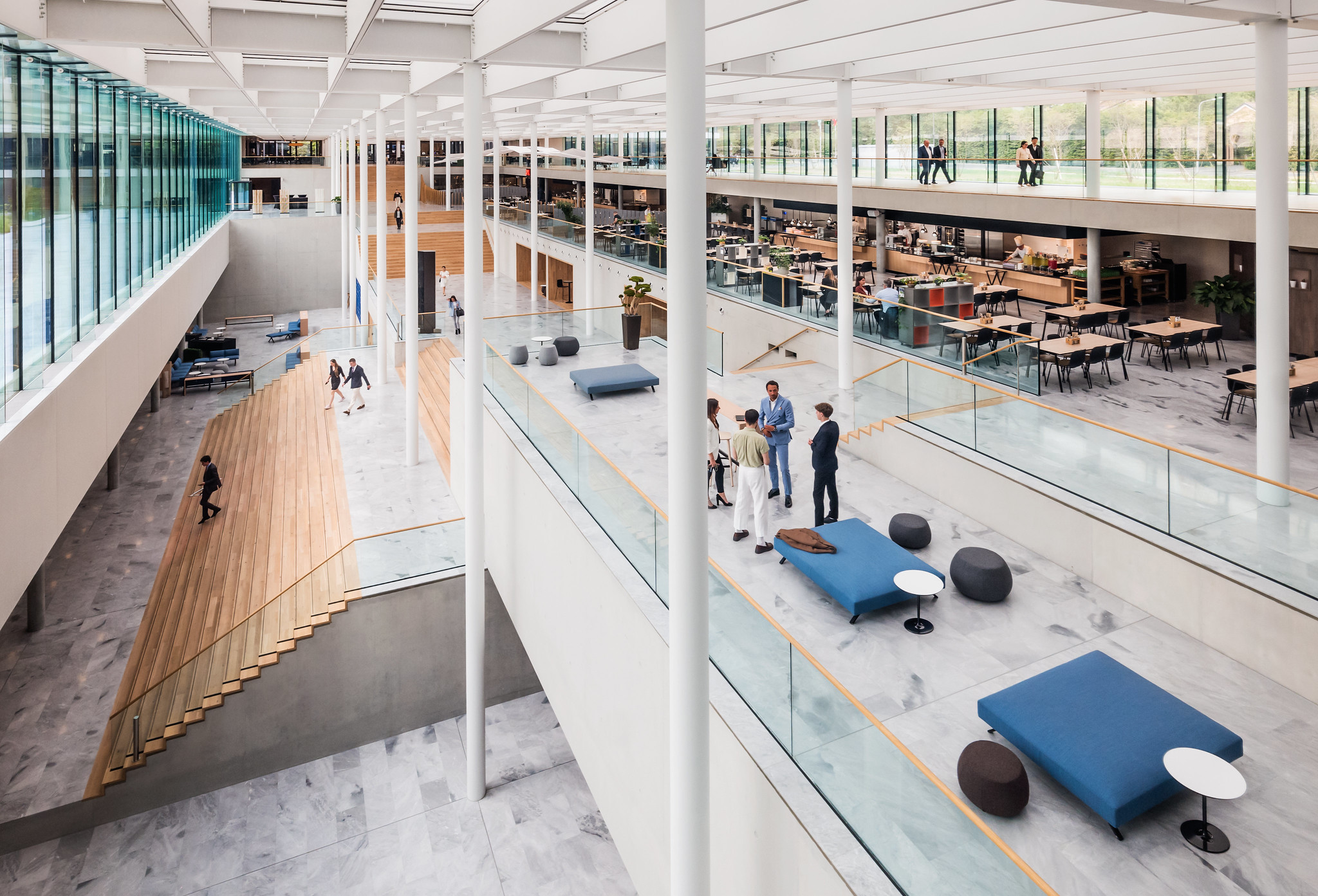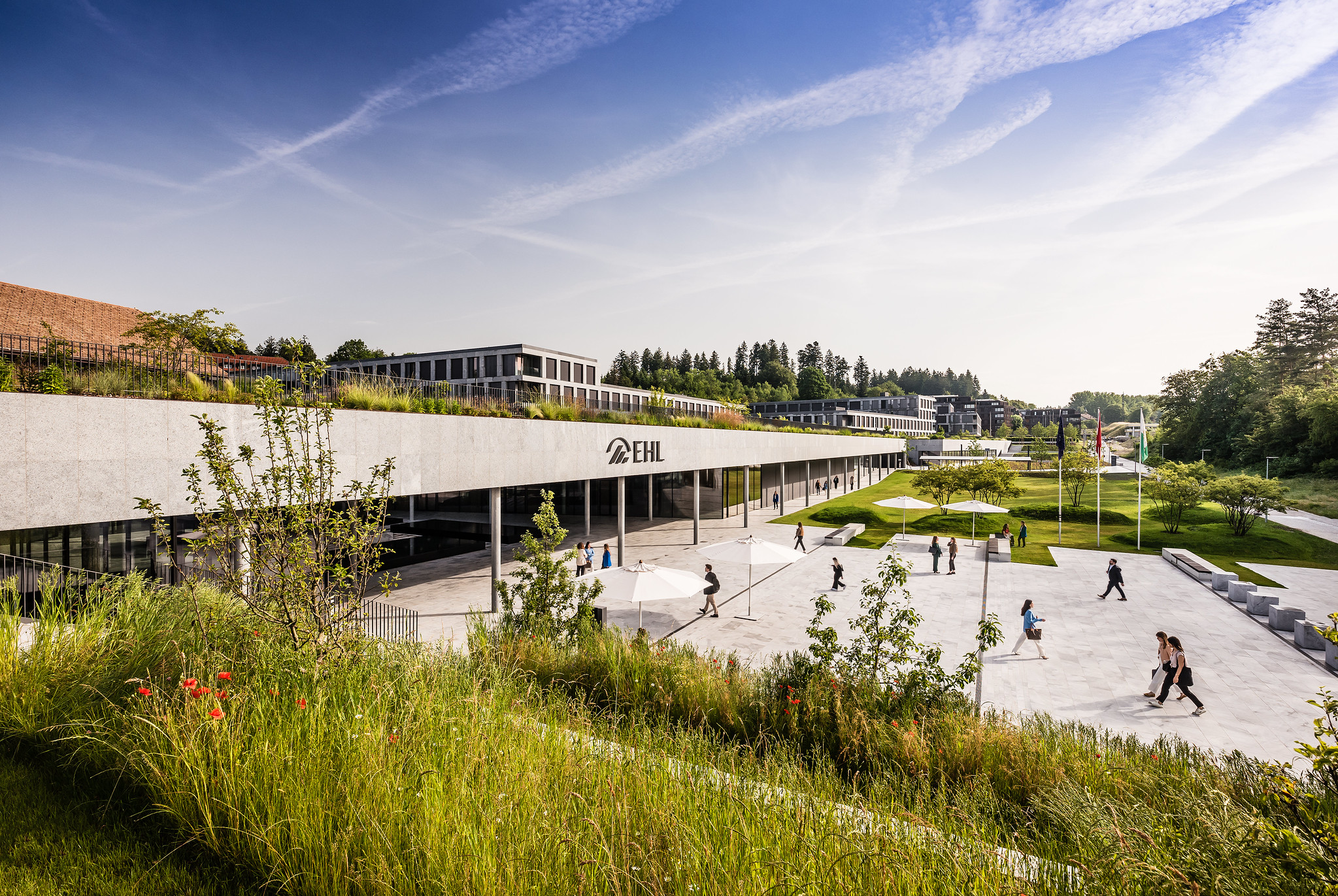

Advanced Hospitality Trainer Certificate

The Program has a three-pronged focus
Knowledge
Equipping participants with theoretical know-how tofacilitate effective learning.
Competencies
Providing participants with the practical skills and capabilities necessary to facilitate successful learning experiences.
Mindset
Developing the right attitude, values, and emotional intelligence to enable participants to be effective learning facilitators.

Program Structure
The 1-year Advanced Hospitality Trainer Certificate Program is a three-phase educational journey that prepares participants for excellence in hospitality training.
Phase 1: Build strong technical competencies, ensuring participants gain a solid foundation in the industry's essential aspects.
Phase 2: Mastering the art and science of facilitation, focusing on the nuanced skills required to convey knowledge and engage learners effectively.
Phase 3: Practical application, allowing participants to implement their training expertise.
Program Objectives

1. Knowledge
Industry-Specific Knowledge: Understand key industry trends, regulations, and best industry practices.
Pedagogy, Andragogy, and Epistemology: Understand different learning approaches and the philosophy of education.
Teaching vs. Facilitating: Distinguish between teaching and facilitating and their impact on learning and students' learning.
Learning Objectives: Elaborate the importance of clear learning objectives in course development.
Talent Management: Explore strategies and tactics for talent management and development.
Technology Proficiency: Master relevant software and tools used in training.
Cultural Awareness: Recognize cultural nuances and diversity management.

2. Competencies
Facilitation Skills: Perform the following tasks for One-On-One (OOO) and One-On-Many (OOM) training sessions. Prepare, deliver, audit, give and receive feedback and assess.
Questioning Techniques: Incorporate effective questioning techniques, active listening, and engaging trainer-dialogue principles in Facilitation.
Curriculum Design: Design course materials and evaluations based on learning objectives and industry relevance.
Innovative Pedagogy: Apply innovative pedagogical methods for optimal training.
Adaptability: Adjust training methodologies to suit participants and the learning environment.
Conflict Resolution: Effectively handle problems/conflicts that may arise during training.

3. Mindset
Talent Development Paradigms: Explain different paradigms in talent development.
Awareness of Industry Changes: Be aware of the education and hospitality industry changes and the importance of keeping up to date to ensure quality and relevant class delivery.
Motivation and Communication: Develop personal abilities conducive to motivating and effectively communicating with students for enhanced learning.
Continuous Learning: Embrace a lifelong learning mindset.
Our Insights
© 2026 EHL Holding SA, Switzerland. All rights reserved.